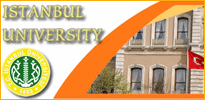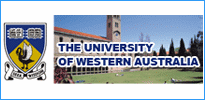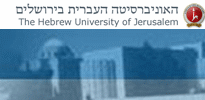Morocco: Morocco Education Profile
2012/01/25
General Information
Morocco has made significant strides in education over the past decades. The Government allocates about 26% of its annual budget for education. The education system in Morocco has undergone several reform and unification programmes in an effort to reduce regional differences in quality and standards, and to ensure universal access to education throughout the country. In 1963, education became compulsory for Moroccan children between the ages of 7 through 13 however, enrolment was only at about 85% in 2000.
Education System
Duration of compulsory education:
Age of entry: 7
Age of exit: 14
Structure of school system:
Basic or First Stage
Length of program in years: 6
Age level from: 6 to: 12
Basic Second Stage
Length of program in years: 3
Age level from: 12 to: 15
Certificate/diploma awarded: Certificat d'Enseignement secondaire
General Secondary
Length of program in years: 3
Age level from: 15 to: 18
Certificate/diploma awarded: Baccalauréat
Technical Secondary
Length of program in years: 3
Age level from: 15 to: 18
Certificate/diploma awarded: Baccalauréat Technique
Technical
Length of program in years: 2
Age level from: 18 to: 20
Certificate/diploma awarded: Brevet de Technicien supérieur
School education
Primary education lasts for years and, together with the first three years of secondary education, form basic (fondamental) education. After nine years' basic education, students enter general secondary education where they are offered three options: letters, sciences, or mathematics. Upon completion, they are awarded the Baccalauréat. They may as well choose a technical path, leading to the Baccalauréat technique. Some technical schools offer years' training after the Baccalauréat leading to the Brevet de Technicien supérieur (BTS).
Higher Education
Higher education is provided by universities, Grandes Ecoles, institutes, teacher-training schools and centres under the supervision of the Ministère de l'Enseignement supérieur. A characteristic feature of training is the existence, besides the traditional system of higher education, of institutions of higher education (Etablissements de Formation des Cadres) which provide specialized training for high-level personnel in Science/Technology; Law/Economics/Administration/Social Sciences and Teacher Training under the direct control of ministerial departments. There are as well eight Grandes Ecoles d'Ingénieurs (engineering schools). University councils policy on significant questions related to university life. Universities are public institutions with budgetary autonomy.
Foreign Students Admission
Foreign students must hold the Baccalauréat or an equivalent qualification. Within the framework of agreements or conventions concluded with other nations, foreign applicants may be admitted to the Ecoles normales supérieures on the basis of their academic record, provided they hold a Licence entitling them to practise as a teacher.
Admission requirements:
Good knowledge of Arabic or French
- Morocco News
-
- BOTSWANA: Children on the move from Africa do not first aim to go to Europe, new UNICEF study shows
- BOTSWANA: WHO lauds Africa’s progress in malaria, HIV control
- NIGERIA: Moroccan King Mohammed VI
- BOTSWANA: South Africa plays an active role in the AU
- BOTSWANA: Africa: How to Adapt to Beat Crippling Droughts
- BOTSWANA: Africa: Expanded Engagement for Caterpillar - Boosting Sales & Alleviating Poverty
- Trending Articles
-
- EUROPEAN UNION: UK and EU stuck on 'philosophy' of Brexit bill
- TURKEY: Turkish Supreme Military Council replaces land, air and navy commanders
- VENEZUELA: Venezuelan election turnout figures manipulated by one million votes
- CHINA: China to add freight train service to south Asia
- TANZANIA: Farmers pushed off their land to save Tanzania's Great Ruaha River
- KENYA: Kenya's new $3.2 billion railway frustrates customers ahead of polls



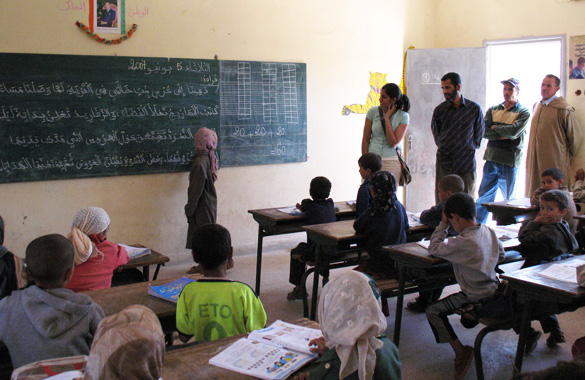


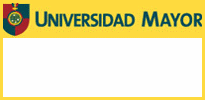
.gif?1356023993)

